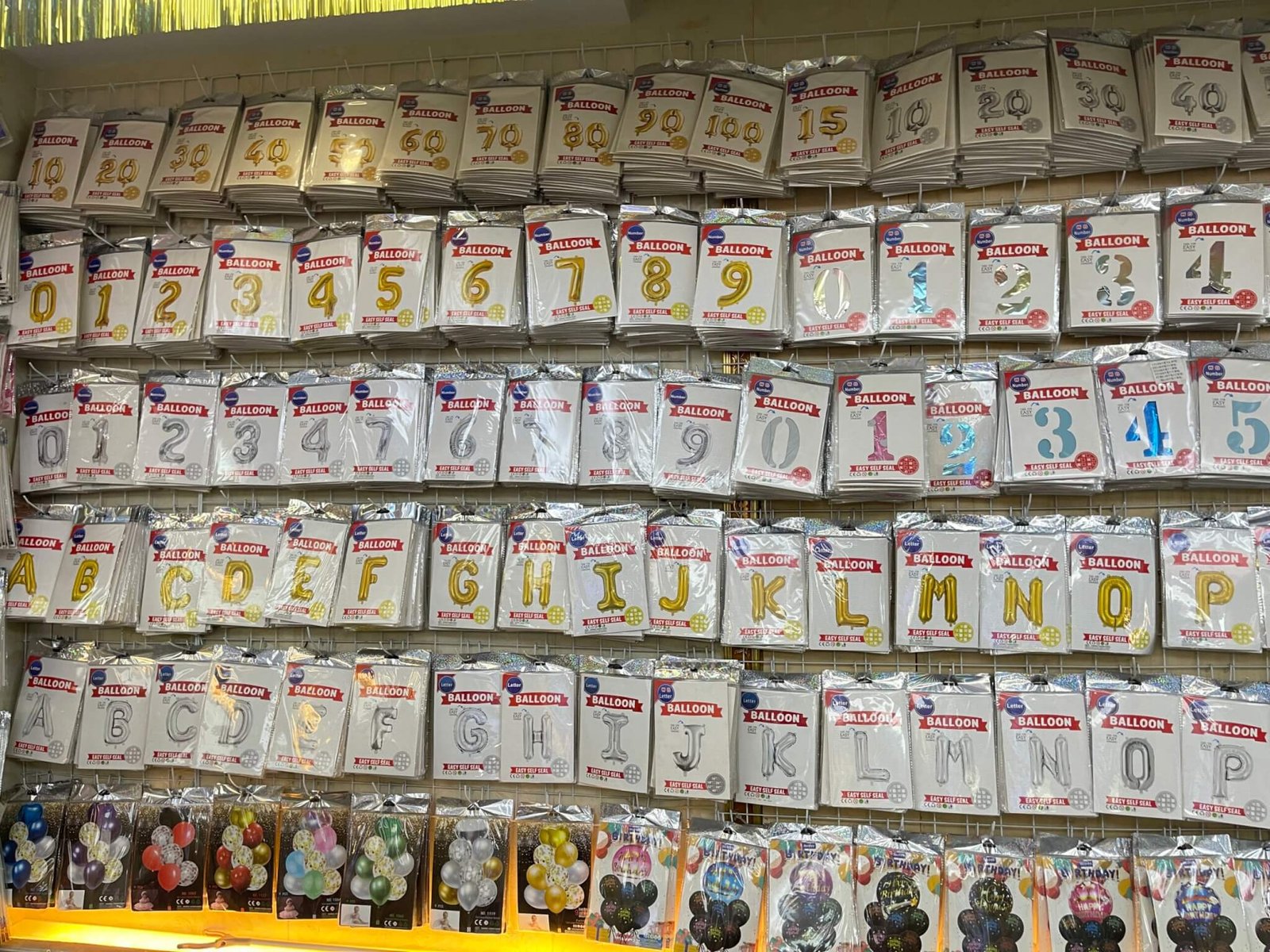Wholesale Market Trends: Eco-Friendly Foil Balloon Products in Affluent Markets
The demand for eco-friendly products is rising across affluent markets, driven by heightened consumer awareness and regulatory pressures. This shift presents significant opportunities for wholesalers and businesses to cater to a more environmentally conscious consumer base. In affluent countries such as the United States, Germany, Japan, and Australia, consumers are increasingly prioritizing sustainability in their purchasing decisions. This article explores the current trends, identifies key drivers, and discusses strategic considerations for businesses aiming to capitalize on the growing demand for eco-friendly products in these markets.
Rising Consumer Awareness and Demand for Sustainability

Affluent consumers are becoming more educated about the environmental impact of their purchases. According to a recent survey, 85% of consumers in affluent markets are concerned about the environmental impact of products they buy. This heightened awareness is leading to increased demand for eco-friendly alternatives across various product categories, including household goods, fashion, and even party supplies like foil balloons. Wholesalers that can provide products that meet these new standards—such as recyclable or biodegradable foil balloons—stand to gain a competitive edge in the market.
Regulatory Drivers and Incentives

Government regulations in affluent countries are also pushing businesses towards more sustainable practices. In Europe, for instance, the EU Single-Use Plastics Directive has banned certain plastic items and introduced mandatory recycling requirements, pushing manufacturers to explore eco-friendly alternatives. For balloon wholesalers, this means an increased focus on sourcing biodegradable or recycled materials. In Australia, the National Waste Policy aims to reduce waste through better management and recycling of materials, which could lead to greater opportunities for wholesalers offering sustainable balloon solutions.
Business Opportunities in the Circular Economy
The shift towards sustainability represents a significant opportunity for businesses to innovate and capture new markets. Wholesalers in affluent countries can position themselves as leaders in the eco-friendly space by offering products that are not only high quality but also meet environmental standards. Studies show that companies that adopt sustainable practices see an average of 20% higher revenue growth compared to those that do not. By aligning with this trend, businesses can attract a loyal customer base that values eco-friendly options, driving both sales and reputation.
Conclusion
The growing demand for eco-friendly products in affluent markets presents a lucrative opportunity for wholesalers. Businesses that adapt to these changes and offer sustainable alternatives—such as biodegradable foil balloons or recyclable packaging—will be well-positioned to succeed in this evolving market. By addressing environmental concerns and meeting regulatory requirements, wholesalers can build trust with environmentally conscious consumers and drive long-term growth. This shift towards sustainability not only benefits the planet but also positions businesses as leaders in a competitive market.
